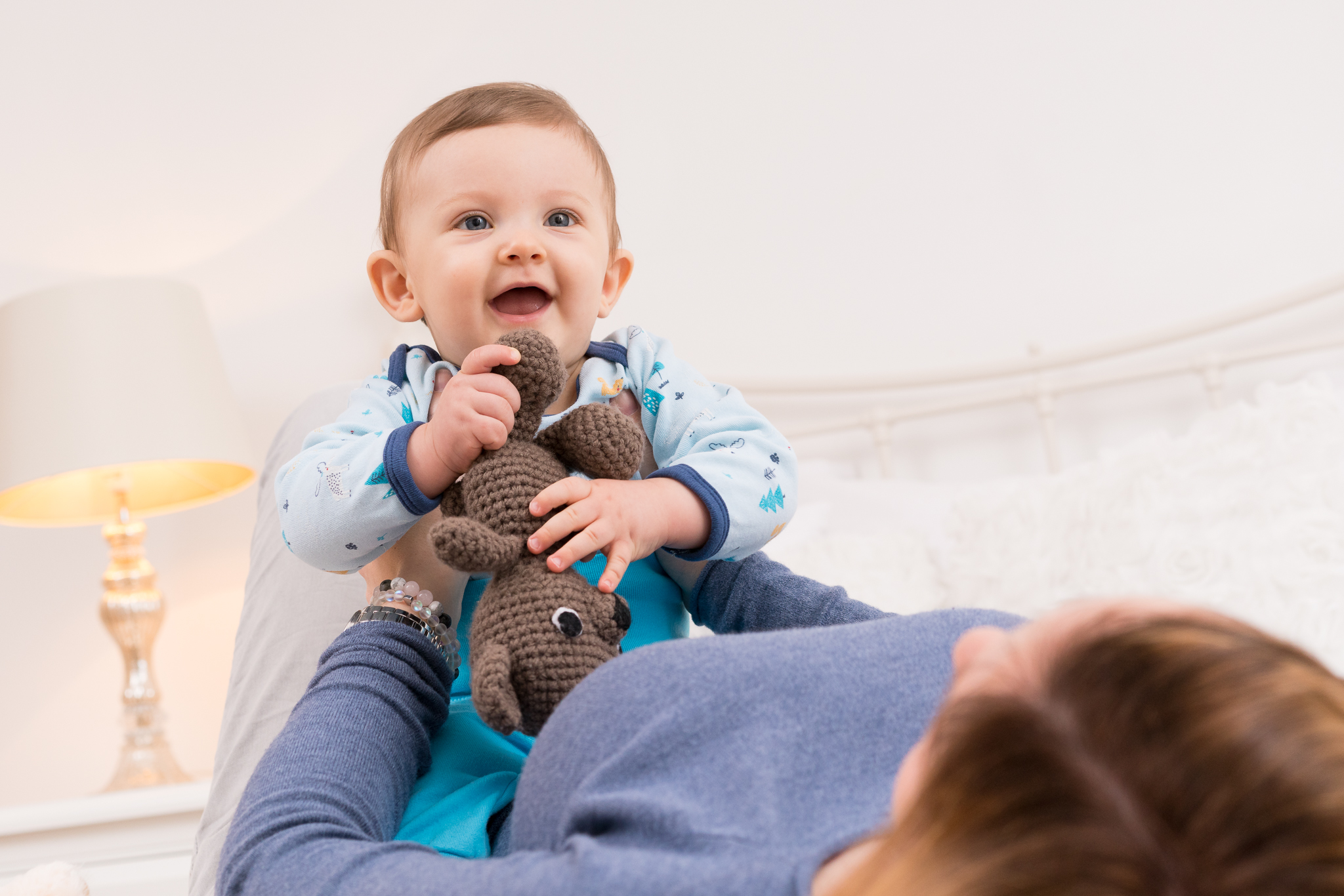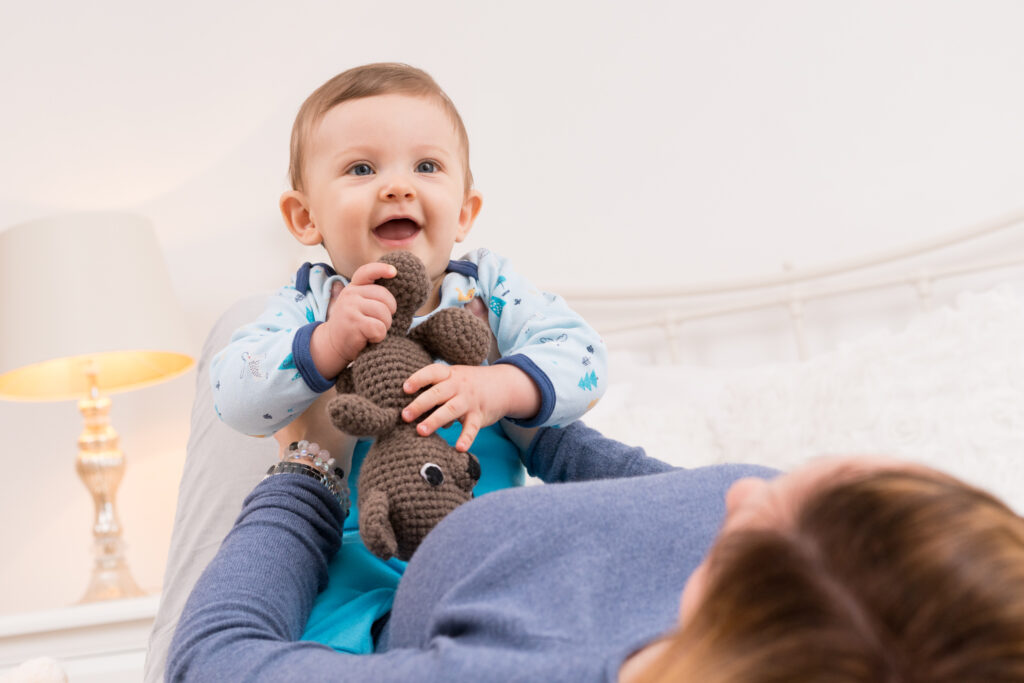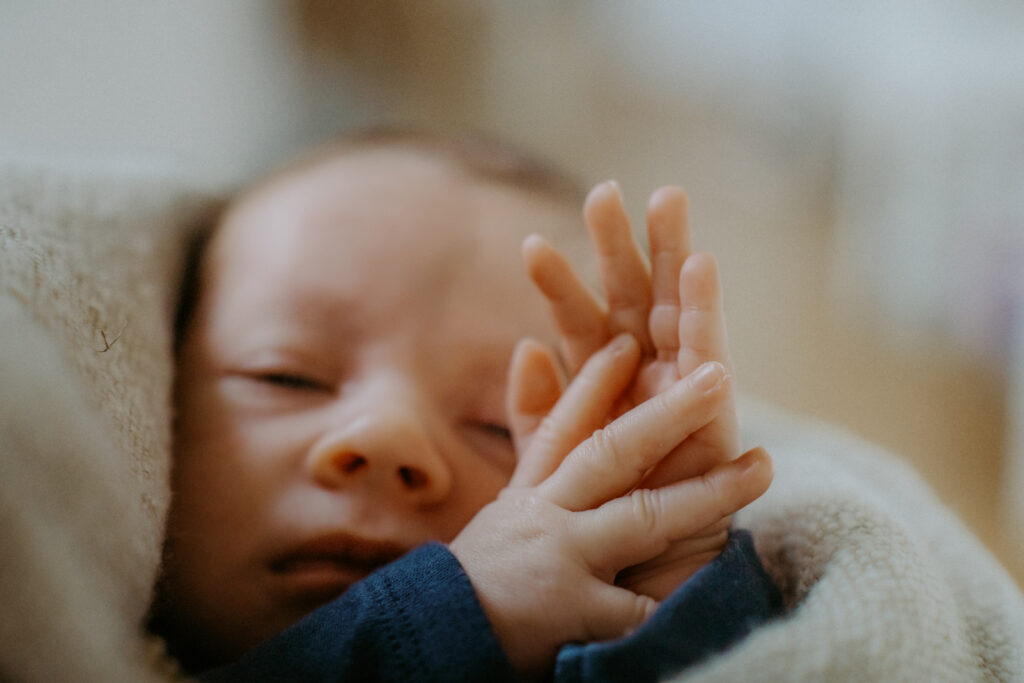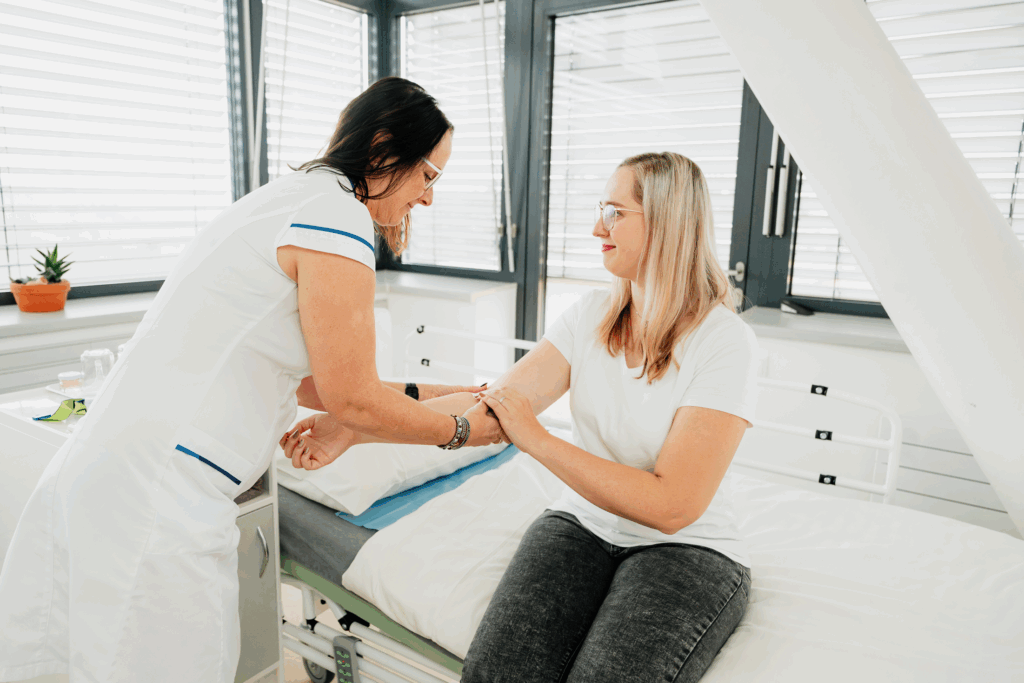The only way leading to the desired child is egg donation for up to 15 % of infertile couples. Even though the egg donation is globally plentifully discussed topic, many questions raise in this relation. Does the donor carry with her a health risks for the future? Is donation anonymous? Why is the method of egg donation necessary for some couples? When is the egg donation offered and undergone? What must the donor go through and how does the whole process of egg donation go?
Causes and indication for the egg donation.
There are many causes why some women have to rely only on a donated egg. It can be a premature start of menopause, previous operational removal of ovaries but also low quality of own egg cells, which is often influenced by age. The older woman is, the lower is the number and quality of oocytes and also their chance to be fertilized. When a woman is above 40 years old, the success rate of retrieving a healthy egg within one cycle is only 5 %. Based on that, there is often no other choice than using oocytes from healthy and young donors.
Who can donate the eggs?
In the Czech Republic, women from 18 to 35 years can donate the eggs. They must undergo vast medical examination though. “Not every potential donor passes successfully the entrance testing. Donor who wants to donate her eggs in Repromeda must not have more than 33 years, must be in a good state of health, must have regular menstrual cycle and normal level of BMI. Necessary is also the absence of hereditary and psychological diseases in family and the donor must not smoke or be drug addict. We also head she did not have a tattoo or piercing made in last six months,” explains MUDr. Kateřina Veselá, PhD., director of Repromeda, clinic of reproductive medicine and genetics.
What does the process of the egg donation look like?
After passing successfully the medical, genetical, gynaecological examinations and blood testing, the donor is accepted into the program of egg donation getting the schedule of hormonal preparation. The entire process that follows takes approximately 3 weeks and it is planned according to her menstrual cycle. During a few days the hormonal stimulation is initiated, which leads to maturing a sufficient number of eggs of good quality. The donor is under a regular control of the doctors and passes ultrasound check-ups, alternatively her blood is taken. The stimulation itself is not painful for hormones are applied in the skin fold in the area of belly button by means of a very thin needle. The egg retrieval takes place approximately the 10th-15th day of the stimulation in short anesthesia of 15 minutes. The retrieved eggs are subsequently fertilized by sperm cells of the partner of the receiver. The donor receives a compensation of the costs associated with donation – lost wage, transport, meal allowance etc. – ranging between 15 and 25 thousand Czech crowns (600-1000 €).
Does the egg donation put in danger own fertility?
About 25 follicles (sacs in which the eggs grow) are prepared in woman’s ovaries every month. During classic ovulation an egg is released; this egg is prepared for fertilization. Usually, only one egg is released (exceptionally two eggs). The other eggs do not mature in this cycle and their natural degradation comes about. When the hormonal preparations are administrated, bigger number of eggs mature. The hormonal stimulation does not lead to premature depletion of egg reserve in ovaries, only bigger number of eggs prepared in the cycle matures.
“Before the procedure, very often are questions asked whether the donor can put in danger her own fertility. There is nothing to worry about. The donor has successfully passed our selection and all tests, so we can assure her that she has sufficient ovarian reserve, as it is called, which means reserve number of eggs. Thanks to this, she will also get a complex knowledge about her state of health,” adds MUDr. Kateřina Veselá, PhD.
Is donation anonymous?
In the Czech Republic, egg donation is anonymous and voluntary, but recipients are provided with basic information about the donor: hair and eye color, height, weight, blood group, traits of character, interests or education.
The advantage of anonymity is higher percentage of voluntary donors that are not in great numbers even in these conditions.
“In Europe, open identity model, as it is called, is under consideration, which means abolition of anonymity. Supporters argue: every individual has the right to know their biological parents and find out their genetic identity. On the other hand, parents often do not wish their child to know that it is not biologically their own offspring and the donors also do not want to be declassified. Depends on the legislative revision of the given state though. We can find countries where, for example, the egg donation is fully prohibited,” adds MUDr. Kateřina Veselá, PhD., director of Repromeda, clinic of reproductive medicine and genetics.



